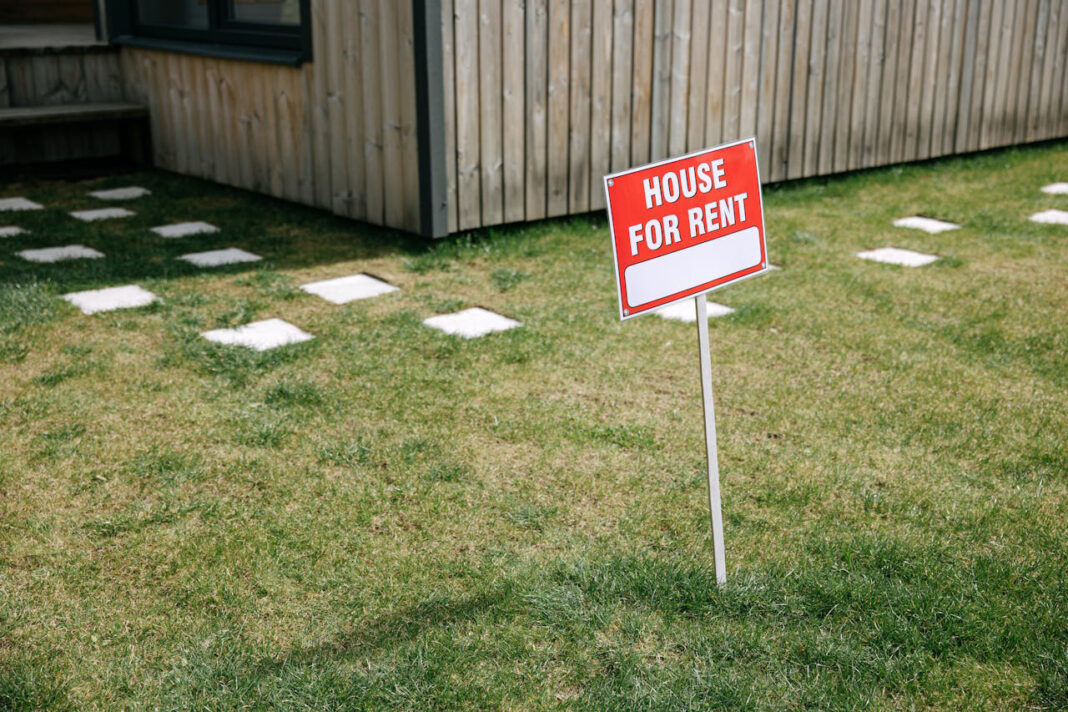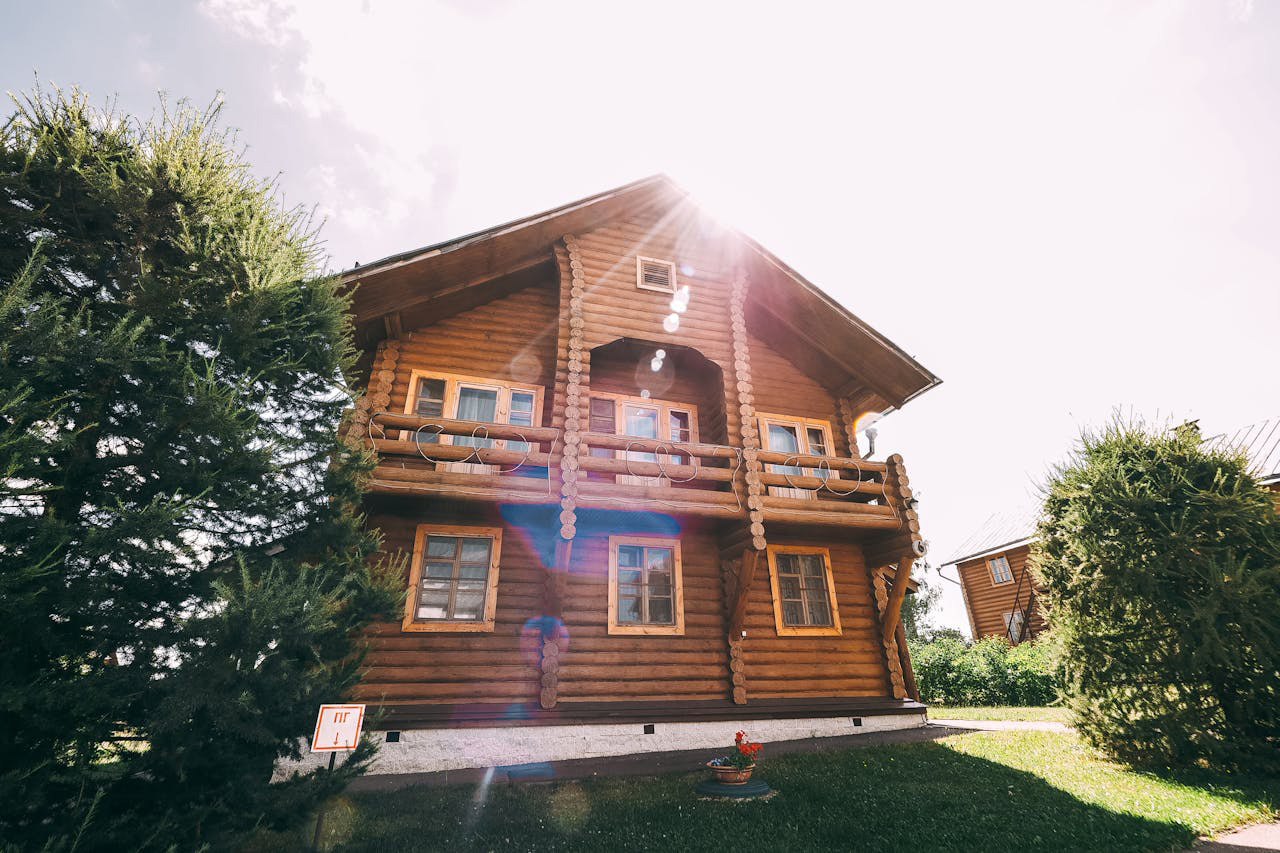While it is common to decide to rent out your house for whatever reason, whether as a way of allowing additional income or because you are transferring to another house, it can be a big decision. To facilitate an efficient process and to come to wise decisions about them, one must acquaint oneself with the factors at play. Juggling legal matters and tips on preparing the house, here is a complete checklist of things to consider when renting out your property.
Legal Considerations
To start with, you must determine the existing rules and regulations as they apply to renting out property. Every place may have its own set of rules, like the laws that govern landlords and tenants, the zoning laws, or tax laws, among others. Key legal considerations include:
Landlord-Tenant Laws
Some of these laws regulate the relationship that exists between the landlord and the tenant. It includes things like lease provisions, security deposits, the process of eviction, and maintenance responsibilities. It is therefore important that one gets acquainted with these laws so that, in case of a legal dispute, one will not have a case to answer.
Zoning Laws
The first check that you need to make is to establish whether your property is zoned for residential rental use. There are some places where there are legally mandated limitations on zoning for single-family homes or where permissions are required.
Insurance
Inform your insurance company that your property will be under rent. You might require landlord insurance, as this is usually under property damage, liability, and loss of rent cover.
Finding Tenants
Identifying good tenants is another factor that determines the success of the rental business. That is crucial if you want to know how to rent your house, as you need to choose the right tenants. Consider these strategies to attract and select tenants:
Advertising
Local listing newspapers, social sites, and online sites are some of the methods of advertising your rental homes. Provide clear images and a brief description of the things it can do for interested audiences.
Screening Process
Create a sound set of policies that can be used to screen potential tenants. This may involve basic screening that involves collecting details such as criminal records and a job seeker’s identity, income, and employment history, and reference checks, among others.
Lease Agreement
Write a clear and specific lease and rental agreement that states the rental period, payment information, obligations, and policy. This will help avoid cases of misunderstanding since you will outline your expectations clearly.
Financial Considerations
Renting out your house can be financially rewarding, but it’s crucial to consider the costs involved and set a competitive rental price:
Market Research
One can conduct surveys on the internet, asking similar properties in your area for the cheapest rent price to offer. Concerning the pricing strategy, pricing higher might lead to low demand from potential tenants, and on the other side, pricing low might lead to losses.
Upfront Costs
Deduct initial costs that may include repairs and renovations that the house might need to make it ready for occupation as a rental unit. These costs can influence available resources, which can affect the profitability of the firm.
Monthly Expenses
Consider more costs that include, for instance, mortgage, tax, insurance, and maintenance costs. You should make sure your rental income is enough to cover these expenses in order not to clash with hardships.
Property Preparation
Preparing your property before renting it out is essential for attracting tenants and maintaining your investment:
Clean and Declutter
The property mustn’t look messy, electrical wires cannot be seen and the fences should be in good condition. Cleaning services should also be hired to ensure that the environment is clean and neat for tenants.
Repairs and Maintenance
One of the minor errors that you need to avoid is listing your property with active repair notices. This ranges from mending any water leaks that may be observed to repairing any faulty faucet or sink, as well as checking all the appliances that are installed in the house.
Safety and Security
Fit smoke detectors, carbon monoxide detectors, and barring or locking devices on doors and windows. Employ tenant safety to avoid accidents and losses.
Tapping in your house can prove to be a satisfying business if these steps are followed. If you are well equipped with knowledge of the legal procedures and financial aspects involved in the renting business, along with best practices for property management, then renting a property is an easy venture. Regardless of whether you are a beginner landlord or someone with prior experience in the property business, the most important aspect that is central to success in property letting is knowledge enhancement.






